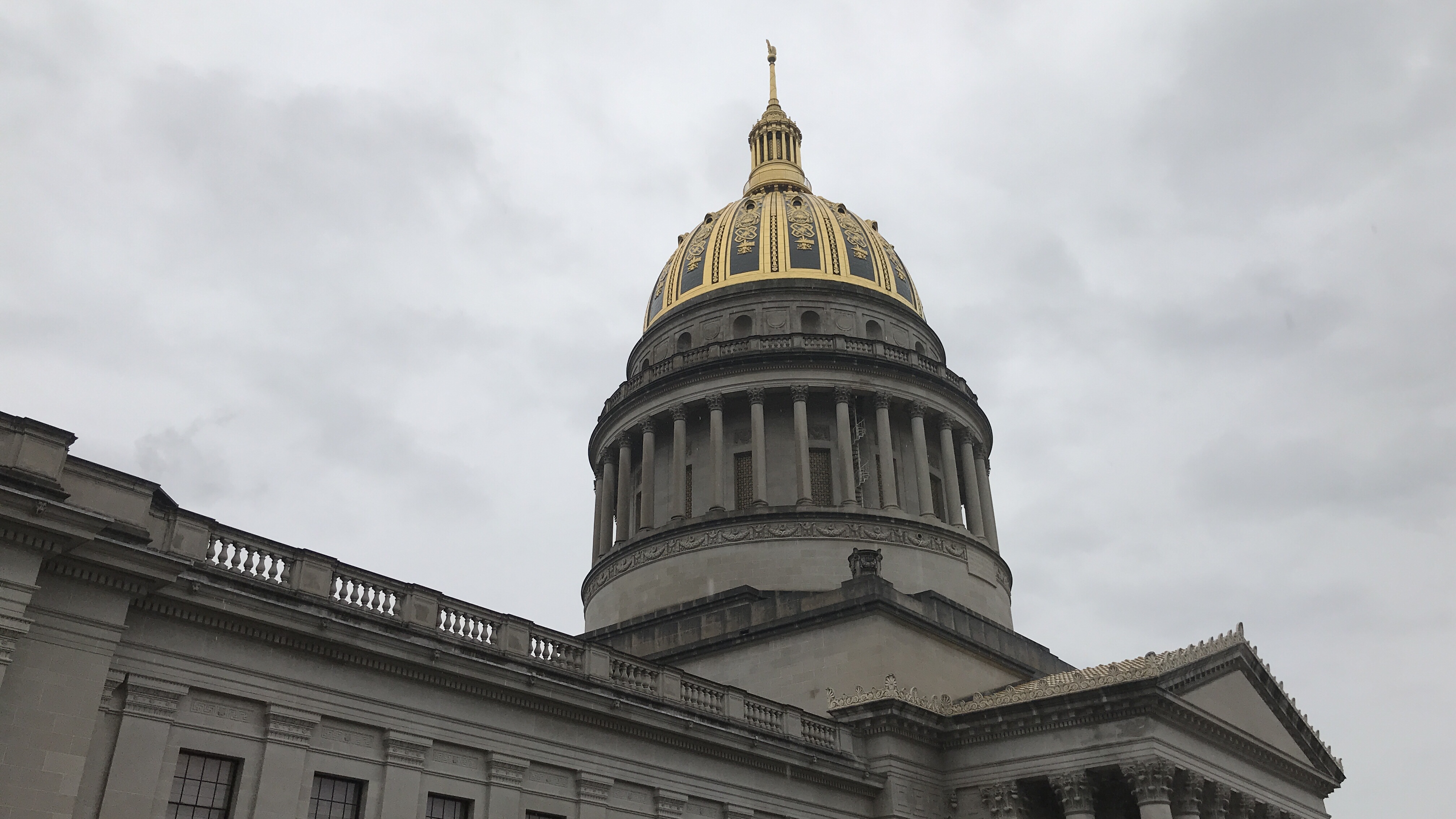CHARLESTON, W.Va. — The U.S. Education Department is sending West Virginia back to the drawing board on some aspects of its submission for compliance with the Every Student Succeeds Act.
Some quesitons deal with how much weight West Virginia gives to different areas of its academic accountability system, whether West Virginia is holding its counties accountable for English-language proficiency and the viability of locally-selected tests in lower grades.
The Every Student Succeeds Act, shortened to ESSA by academics who talk about it, was passed in 2015 to replace No Child Left Behind as federal education policy. The new standards give significantly more latitude to states.
States must submit goals and standards and how they plan to achieve them to the US Department of Education, which provides oversight.
Over the past couple of weeks, many states have received additional direction from the U.S. Department of Education about their ESSA proposals.
The letter from the U.S. Department of Education to state Superintendent of Schools Steve Paine, dated Dec. 18, goes over several areas of proposed tweaking.
MORE: Read the letter about the Every Students Succeeds Act.

“They send it in knowing there may be revisions required,” said Howard O’Cull, director of the West Virginia School Board Association, a close observer of state education policy. “If it’s a persistent thing then it may be more of a policy question.”
The U.S. Department of Education is asking for clarifications or additional material about meeting the requirements. Federal officials are asking for a resubmission by Jan. 3, although West Virginia is allowed to ask for more time.
“We encourage you to continue to engage in consultation with stakeholders, including representatives from the Governor’s office, as you develop and implement your State plan,” wrote Jason Botel, principal deputy assistant secretary for the U.S. Department of Education.
West Virginia is being asked to take another look at several areas:
The federal education department takes West Virginia to task for not identifying the most common language spoken in the state, other than English.
The U.S. Education Department also asks about goals to ensure English language proficiency.
It says the state’s long-term goal for English learners is based on the percentage of students achieving proficiency within six years, not the percentage of students making progress.
“As a result, it is unclear whether WVDE meets the statutory requirement,” the federal agency wrote.
The U.S. education department asks for clarification about West Virginia’s plans to measure progress using Lexile and Quantile scales, rather than the percent of students attaining grade-level proficiency.
Lexile refers to measurement of reading skills, and Quantile refers to mathematics skills.
“Because WVDE has not explained the clear relationship of Lexile and Quantile scales to the State’s academic achievement standards, which are used to measure proficiency, it does not appear that WVDE’s long-term goals constitute goals that are measured by grade-level proficiency on the State’s annual assessments in reading/language arts and mathematics,” the federal agency commented.
State Delegate Paul Espinosa, chairman of the House Education Committee, said lawmakers had similar questions when they discussed the state’s Every Student Succeeds Act plan earlier this year.

Espinosa said some of those questions just dealt with familiarity with the concepts.
“There were some questions regarding the Lexiles and the Quatiles and how you’d use those to compare results from county to county,” Espinosa said in a telephone interview.
“It wasn’t totally surprising based on some of the questions we had as legislators.”
The U.S. Department of Education also said that although West Virginia describes efforts to consult with people around the state about its plan, it does not include all required stakeholder groups.
Those include teachers, principals, other school leaders, paraprofessionals, specialized instructional support personnel, charter school leaders, parents and community partners.
Espinosa, R-Jefferson, credited the state education department with getting out around the state to discuss the plan.
“I commend the West Virginia Department of Education for their effort to solicit feedback on the proposed ESSA plan that was submitted to the U.S. Department of Education,” he said.

